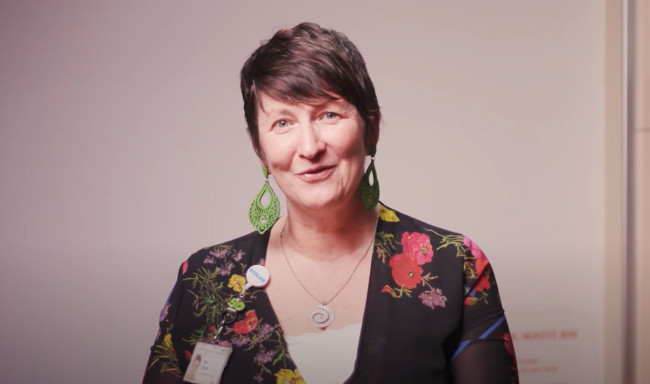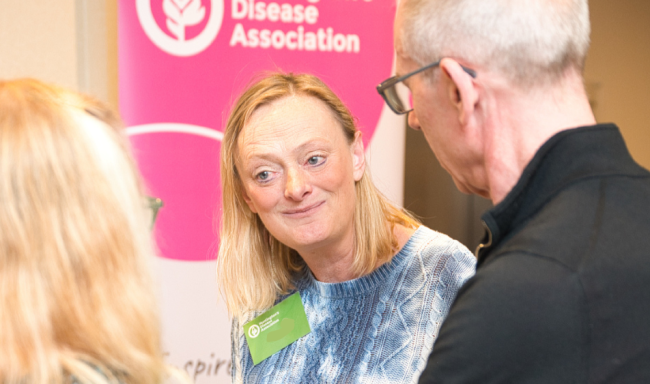This guide explains why people with Huntington’s may be at greater risk, and the steps families and carers can take to safeguard their finances.
People with Huntington’s disease may be more vulnerable to financial scams due to changes in memory, cognitive impairment and decision-making.
We believe that it's beneficial for families and carers to learn how to protect loved ones from fraud or financial exploitation. There are practical steps you can take to keep your family members or the person you care for safe. In this guide, we explain how to protect people with Huntington’s disease from financial scams and provide advice for carers, family members and health and social care professionals.
We held a webinar hosted by Dr Sarah Mason, Clinical Psychologist, that used evidence from research on ageing and from other dementias to describe factors that may make someone more vulnerable to financial exploitation. Sarah discussed how these overlap with changes that we typically see in people with Huntington's disease, at different stages along their journey.
Things that can be done to support people with Huntington’s
Early Financial Planning
- Establish a Power of Attorney (POA) to designate a trusted individual to manage finances when needed.
- Set up automatic bill payments to reduce the risk of missed payments or financial mismanagement.
Open Communication and Support
- Encourage regular discussions with family members and professionals about financial decisions.
- Ensure caregivers and financial institutions are aware of potential risks and protective measures.
Technology-Based Protections
- Use spending limits on contactless payments to prevent impulse spending.
- Enable fraud alerts and transaction monitoring on bank accounts.
Legal and Institutional Safeguards
- Banks and financial institutions can implement extra verification steps for large transactions.
- Organisations like Age UK and the Alzheimer’s Society provide guidance on financial abuse prevention.
Education and Awareness
- Teach individuals and caregivers to recognise signs of financial abuse, such as unexpected withdrawals or changes in financial behaviour.
- Encourage reporting suspicious activity to authorities or financial institutions.
Steps to support someone
- Slow things down. Financial scams often happen in high-pressure environments, reduced thinking time and increased impulsivity make people with Huntington’s particularly vulnerable.
- Make early, practical changes.
- Always remember there's a person behind the diagnosis. Try not to reduce freedoms unless absolutely necessary, i.e taking over someone’s account. Try and find out what’s behind their decision-making; there may be a reason for their actions that you’re not aware of.
You can watch the full webinar below
About the speaker
Dr Sarah Mason





